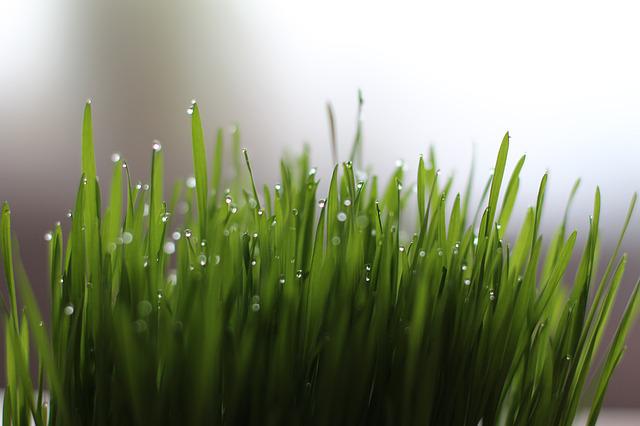Wheatgrass is known for its medicinal properties. Being a rich source of various nutrients such as Iron, calcium, magnesium, vitamin A, vitamin C, vitamin E, and amino acids, it is used to treat a variety of ailments, including high cholesterol, an inflammatory bowel illness called ulcerative colitis, a blood issue called beta-thalassemia, and many others. Yes, there are many therapeutic uses of wheatgrass along with plenty of wheatgrass health benefits and here we will tell you all –
Nutrients in Wheatgrass
Wheatgrass juice, commonly referred to as “green blood,” can give you all the nutrients you need; for this reason, it is also referred to as a complete food. The following nutritional elements are present in wheatgrass:
- Beta-carotene, vitamin C, pro-vitamin A, vitamin K, vitamin A, vitamin E, vitamin B12, folic acid, and pyridoxine are among its antioxidants.
- Various elements include calcium, potassium, magnesium, sodium, zinc, chromium, selenium, and iron.
- Additionally, it includes proteins, amino acids, and enzymes like amylase, protease, lipase, cytochrome oxidase, superoxide dismutase, and transhydrogenase. (source 1), (source 2), (source 3)
Medicinal and Therapeutic uses of Wheatgrass
Used as a detoxifying agent
When compared to other fruit or vegetable juices, wheatgrass juice is thought to be a greater detoxifying agent.
Additionally,
- drinking wheatgrass juice helps with digestion
- delays tooth decay and hair aging and
- removes lung scars brought on by breathing in poisonous gases or fumes. (source)
Also Read: Health Benefits of Coriander: Nutritional Facts & Precautions
Wheatgrass Health Benefits on a Daily Basis
Wheatgrass benefits in treating migraine:
Since wheatgrass is a nutrient-rich source, it reduces inflammation and functions as an antioxidant, which helps with migraines. To treat migraine, consume freshly squeezed wheatgrass juice. (source)

Wheatgrass May Treat Kidney Stones
Wheatgrass juice helps in kidney disorders like kidney stones and inflammation of the kidneys and urinary bladder. (source)
Wheatgrass benefits in treating skin disorders
Due to its blood-purifying properties, wheatgrass exhibits a therapeutic impact on a variety of skin conditions, including eczema, burns, pimples, wounds, and cuts. It is thought that applying wheatgrass juice or powder three times a day will treat gangrene. Additionally, the use of wheatgrass efficiently lessens and heals severe skin itching. (source)
Wheatgrass and Cancer Treatment
Breast cancer and preleukemia are two cancers for which wheatgrass is helpful. For cancer patients undergoing radiotherapy, chemotherapy, allopathic treatment, or surgery, drinking wheatgrass juice has been demonstrated to be therapeutic. Selenium and laetrile in wheatgrass, have been shown to decrease the number of cancer cells. (source)
It May Help in Treating Dental Problems
Wheatgrass acts as a mouthwash when consumed as juice while treating ailments including pyorrhea, dental decay, toothaches, and sore throats. Wheatgrass is helpful for pyorrhoea in both preventive and curative approaches. (source)
Precautions you should take before consuming wheatgrass
If symptoms of hypersensitivity, such as a rash or irritation, emerge, it is advised that you stop consuming wheatgrass. If you encounter such issues, you ought to see a doctor. If you are expecting or nursing, stay away from wheatgrass and any supplements that include it. (source)1, (source)2
Side effects of Using Wheatgrass
Wheatgrass overconsumption may result in Throat swelling, nausea, and vomiting (more common if you are allergic to wheatgrass (source )
Check out the list of other healthy herbs on Health Views Online that is required for better health and well-being. Explore Healthy Herbs.





